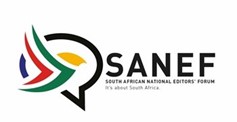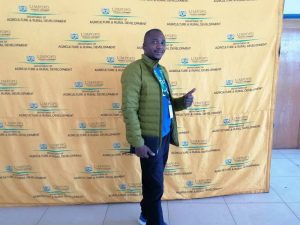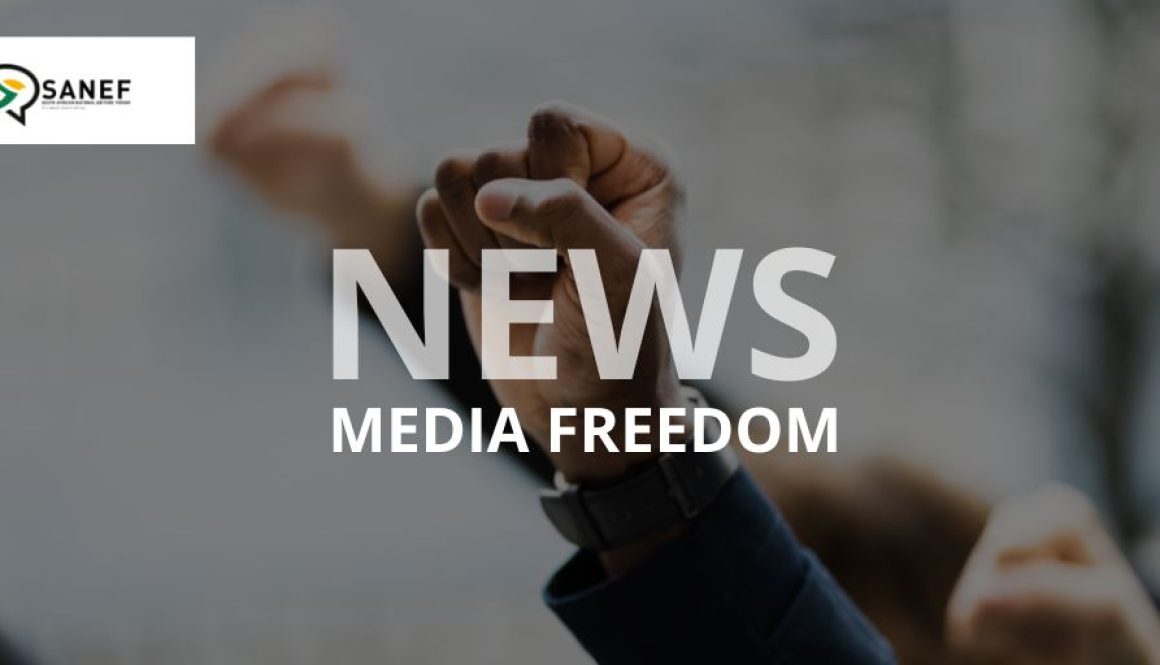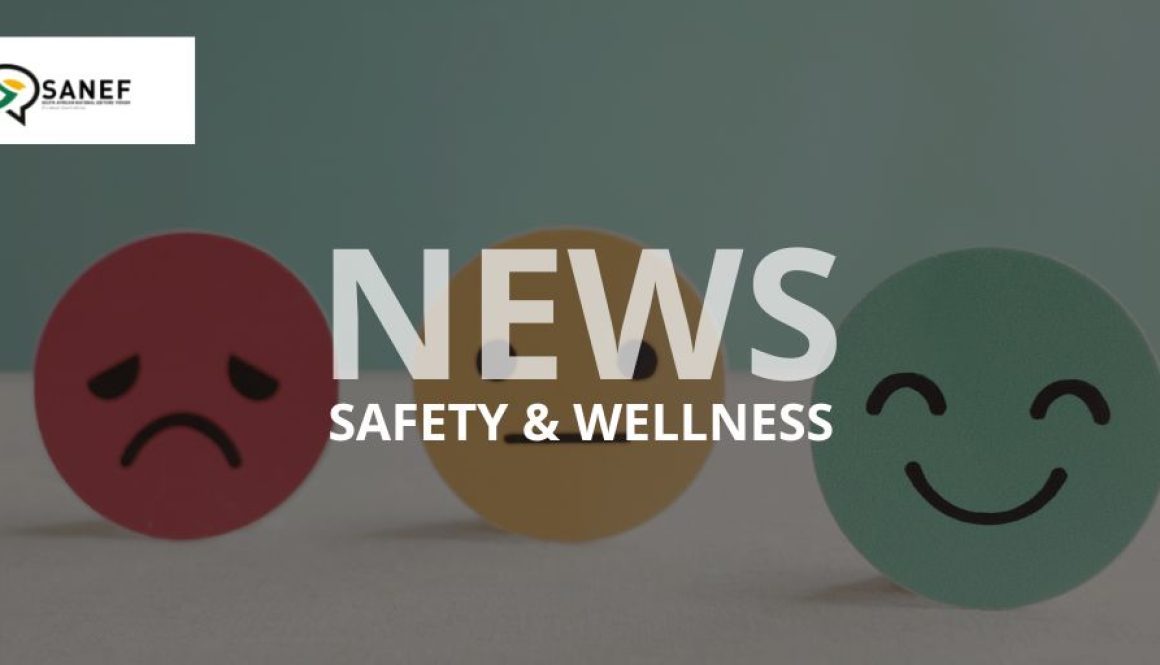
20 November 2023
This past Saturday the South African National Editors’ Forum (SANEF) held a successful last council of 2023 in Johannesburg where pertinent media freedom and industry related issues were discussed – including the relentless Israeli war in Gaza where many journalists have been killed and injured.
As of November 18, according to the Committee to Protect Journalists (CPJ’s) preliminary investigations showed at least 42 journalists and media workers were among the more than 13,000 killed in Gaza since the war began on October 7— with over 11,000 Palestinian deaths in Gaza and the West Bank and 1,200 deaths in Israel.
SANEF is deeply concerned at the ongoing carnage in Gaza and the fact that CPJ and Reporters Without Borders believe the Israeli military is deliberately targeting journalists who tell the true story of events in Gaza. Several media premises and working spaces have been targeted and destroyed.
SANEF also finds it unacceptable that aid convoys to the devastated region have been severely restricted and the Israeli government has refused entry to Gaza for international journalists and insists that only journalists covering the current actions of its army must be embedded with their military.
The role of journalists is to seek out as honestly as possible the facts and, in this regard, SANEF salutes the work done by our colleagues based in Gaza and by the United Nations and non-governmental workers who have reported on conditions as they have experienced them.
We also call on all journalists and editors, dealing with reports from this region, to be conscious always of the historical context and to take care of the terminology used in reports. It is not the role of journalists to justify, support or condemn any group or the actions groups undertake. Journalists should merely provide all the facts available and place all events in as full a context as possible.
Police Minister
The hybrid council meeting was addressed by Police Minister Bheki Cele who was accompanied by the National Police Commissioner, General Fannie Masemola and his deputy, General Shadrack Sibiya.
Minister Cele assured the gathering that the SAPS was ready to assist the Electoral Commission of South Africa (IEC) to conduct a peaceful, free, and fair elections in 2024.
“We have already seen the worst possible scenario in this country where we had to send the army to help maintain peace and ensure free and fair elections in KwaZulu Natal during the first two elections,” he said.
Cele said the recent developments in Gaza has made him feel for the safety of journalists in the region. It was therefore important for the SAPS to work closely with journalists and ensure that there was a good working relationship where everyone respected the working space of the other.
He said the SAPS was working to rebuild the specialised units that were systematically compromised or destroyed in previous years such as the intelligence structures. He appreciated the fact that 30 000 new recruits will beef up the number of boots on the ground. He further called on media houses to work on the challenges facing the industry, including the juniorisation of newsrooms which leads to inaccurate, unfair, and imbalanced reporting about SAPS matters.
Other Matters
The meeting also discussed various other issues that ranged from media freedom, media sustainability and legal challenges faced by the media.
Concerns were raised about the continued failure of President Cyril Ramaphosa to provide space for media engagement beyond the one-way national addresses that he has been giving over the past three years. Journalists felt that this has a detrimental impact on the state of media freedom and the media’s role to hold the executive to account. Further, it raises concerns about accountability, transparency, information flow, public engagement, and the international image of the country.
Journalists’ trip to Warsaw, Poland
The meeting also noted the disappointing lack of response from the Presidency to calls for an engagement with media houses about the Warsaw debacle – where several journalists who had travelled to Russia or Ukraine to cover the Africa Peace Mission, which President Ramaphosa was part of – were treated with disdain.
They could not cover any of those events as they were trapped inside a plane, upon landing in Warsaw, for over 24 hours. This is despite them having obtained visas to enter Poland. The Minister in the Presidency is yet to avail herself to address the matter. SANEF also notes that the Ambassador of Poland to South Africa, Adam Burakowski, has yet to honour the embassy’s commitment to meet with SANEF to discuss the unacceptable infringement on media freedom by his country.
Discussion with Business 4 South Africa
The council was also briefed on the Business-Government Partnership aimed at delivering meaningful progress towards South Africa’s economic growth. B4SA’s Martin Kingston and Cas Coovadia briefed the council about their role and the different workstreams tackling issues like energy, transport, logistics, as well as crime and corruption.
Kingston said business and government were exploring ways to identify areas of collaboration and also looking at existing programmes that can be significantly scaled in the short term to address the country’s priorities. The media needed to do its part in monitoring the developments and staying vigilant to ensure that it also held all parties accountable.
Independent Media titles apply to rejoin the Press Council
After seven years in the wilderness, SANEF Council noted that Independent Media has applied to rejoin the Press Council system. SANEF has repeatedly appealed to the leadership of the company to return to the country’s regulatory system. The media house opted out of the country’s print and online regulatory system in October 2016 and appointed its own in-house Ombudsman to administer and adjudicate on complaints laid against the content of its news titles. SANEF has previously expressed concerns that one of this country’s largest media companies was being a player and a referee in its adjudication of complaints against its publications. That said, we fully welcome the return of Independent Media into the fold of the Press Council.
Note to Editors:
The South African National Editors’ Forum (SANEF) is a non-profit organisation whose members are editors, senior journalists, and journalism trainers from all areas of South African media. We are committed to championing South Africa’s hard-won freedom of expression and promoting quality, ethics, and diversity in the South African media. We promote excellence in journalism through fighting for media freedom, writing policy submissions, research, and education and training programmes. SANEF is not a union.
For more information please contact:
- Sbu Ngalwa – SANEF Chairperson (073) 404-1415
- Nwabisa Makunga – SANEF Deputy Chairperson (082) 555-1972
- Prof Glenda Daniels – SANEF Secretary-General (083) 229-9708
- Tshamano Makhadi – Treasurer-General (082) 223 0621
- Makhudu Sefara – SANEF Media Freedom Chair (079) 177-2134
- Katy Katopodis – SANEF Wellness and Safety Chair (082) 805-7022
- Judy Sandison – SANEF KZN Convenor (082) 571-3334
- Heather Robertson – SANEF Gauteng Convenor (083) 3085618
- Rochelle De Kock – SANEF Eastern Cape Convenor (072) 969-8028
- Asanda Ngoasheng – SANEF Western Cape Convenor (082) 610 9374
- Reggy Moalusi – SANEF Executive Director (071) 682-3695







